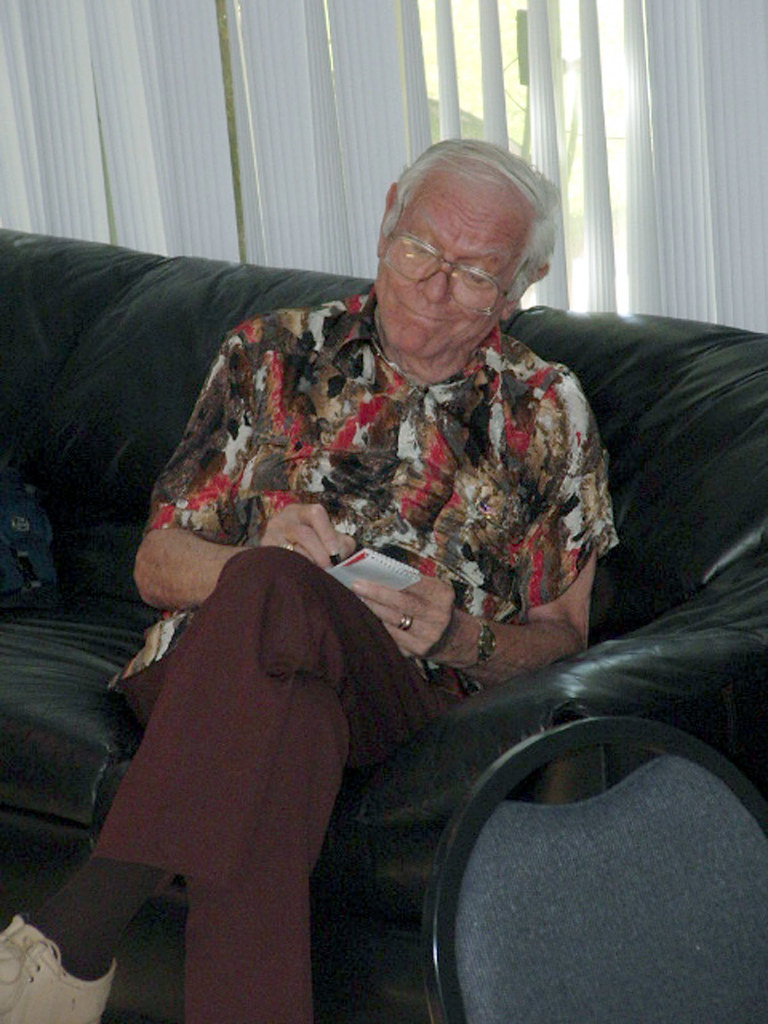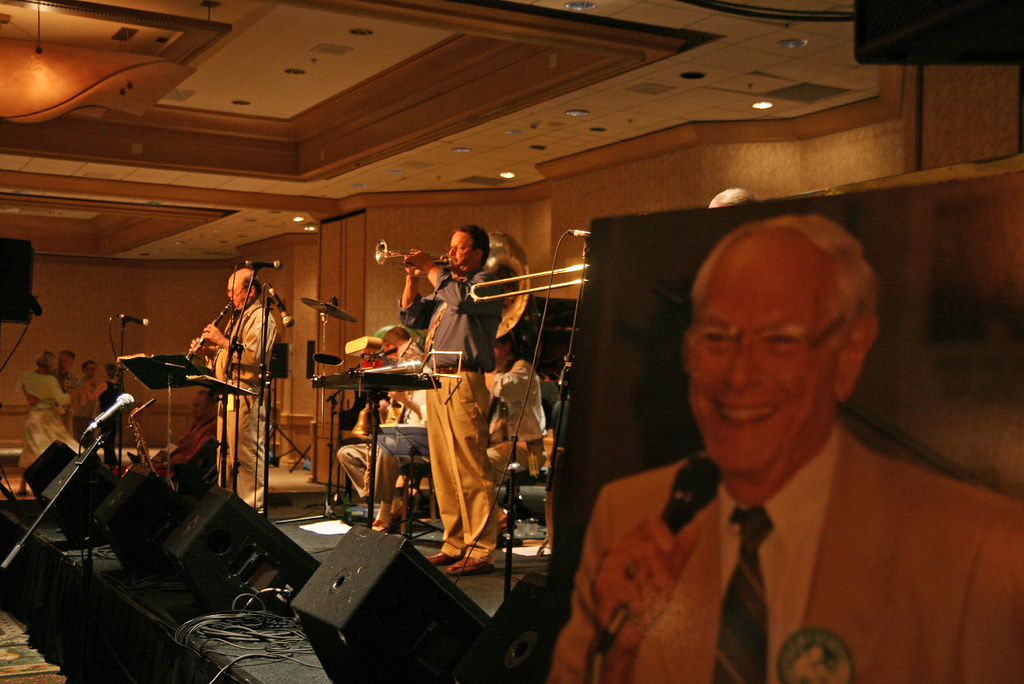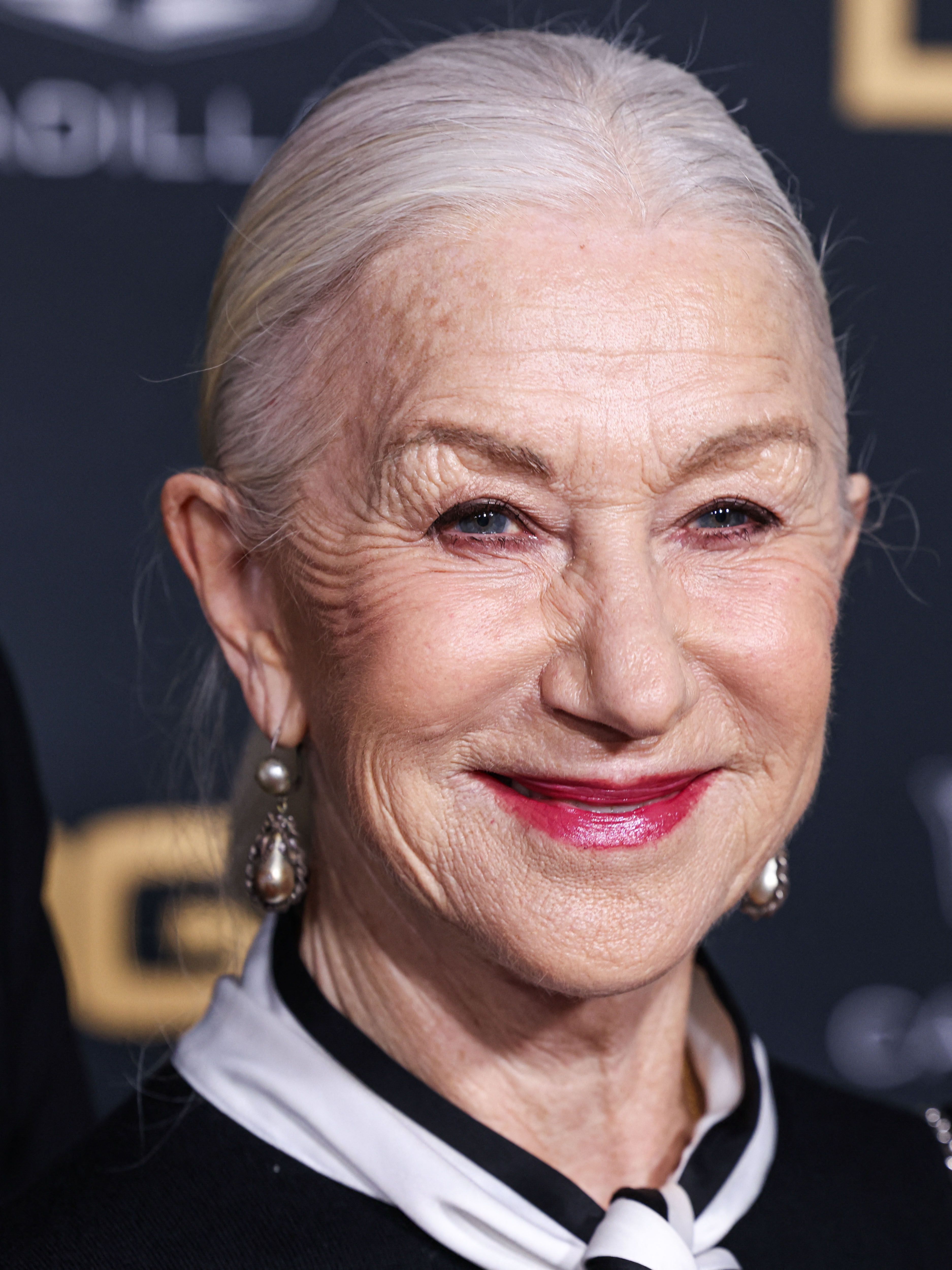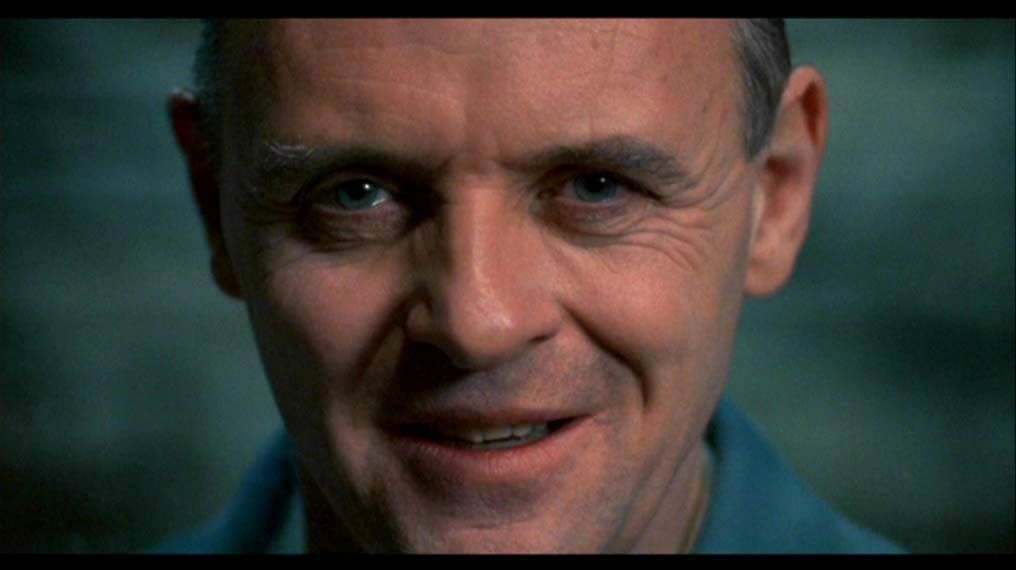
The entertainment industry deeply mourns the passing of Floyd Levine, a prolific character actor whose enduring presence graced screens for decades. Levine passed away peacefully on August 24, 2025, in Los Angeles, at 93, surrounded by his loving family. His daughter-in-law, Tracy Robbins, confirmed the news via Instagram, remembering him as a cherished family man, a jokester, and a lover of classic films and Frank Sinatra. His passing leaves a profound void in the hearts of those who knew and admired him.
Levine’s journey to Hollywood was a testament to his ambition and unwavering dedication, beginning far from the industry’s glamour as a taxi driver in New York City. His remarkable career spanned from the early 1970s through the 2010s, accumulating nearly 100 credits on IMDb. He left an indelible mark on countless films and television series. He was a familiar face, celebrated for his ability to seamlessly inhabit a wide array of roles, often bringing subtle gravitas or a touch of humor to his impactful appearances.
This in-depth article, presented in a slideshow format, honors Floyd Levine’s remarkable life and extensive filmography. We will take an in-depth look at 14 pivotal roles and aspects of his career. We explore the breadth of his talent and the significant impact he had on the entertainment landscape. We celebrate a legacy built on hard work, enduring passion, and an unmistakable screen presence that resonated with audiences for over four decades. We begin by examining the initial phase of his illustrious career, tracing his path from humble beginnings to his establishment as a respected character actor.

1. **From New York Cab Driver to Hollywood Dreams: Floyd Levine’s Early Life and Career Genesis**Floyd Levine’s story is one of unwavering perseverance and a determined pursuit of a lifelong dream, rooted in his New York City upbringing. Born on February 23, 1932, in New York City, Levine spent his formative years in Brooklyn, raising his three children with his wife, Rochelle. He diligently supported his family primarily as a taxi driver, an experience that undoubtedly offered him a unique perspective on human nature, invaluable for his later acting endeavors.
The transition from a working-class cab driver to an aspiring actor was a significant and courageous leap, reflecting a profound desire to engage with the creative arts. As recounted by his daughter-in-law Tracy Robbins, he started as a cab driver “before chasing Hollywood dreams in California, building an amazing acting career.” This early chapter underscores the immense dedication and ambitious spirit that defined Levine’s professional trajectory.
His pivotal decision to relocate to California in 1979 with his family, following several notable acting roles, marked a transformative moment. This geographic shift symbolized a full commitment to his acting aspirations, enabling him to immerse himself more deeply into the vibrant Hollywood landscape. It demonstrated his resolve to make a distinctive mark in the competitive world of entertainment, leading to a storied and enduring career.

2. **”Super Fly” (1972): Levine’s First Credited Role and Entry into Film**Floyd Levine’s formal entry into professional acting was marked by his first credited on-screen role in the 1972 blaxploitation crime drama, “Super Fly.” This film, a notable cultural artifact of its era, provided Levine with an early opportunity to showcase his talent. He appeared initially as a Police (uncredited) and subsequently as a Truck Driver (credited) within the film’s gritty narrative. It was a humble yet profoundly significant beginning for his long, diverse, and impactful career.
His appearance in “Super Fly” established a pattern for many early film roles, frequently casting him as authoritative figures or ordinary citizens in extraordinary circumstances. The film, directed by Gordon Parks Jr., explored themes of drug dealing and urban struggle. It offered Levine a chance to contribute to a production that resonated with audiences and left an indelible mark on popular culture. This initial experience on a professional film set provided invaluable practical learning.
The role, though seemingly minor, proved crucial for Levine, representing the tangible realization of his “Hollywood dreams.” It served as a fundamental step, preceding many more substantial film and television appearances. It meticulously laid the essential groundwork for his burgeoning reputation as a remarkably reliable and versatile character actor. Being formally credited in such a culturally significant feature film was a testament to his initial success in the highly competitive entertainment industry.

3. **Bit Parts in Cinematic Classics: “Death Wish” (1974) and “Dog Day Afternoon” (1975)**Following his debut, Floyd Levine quickly contributed his talent to significant cinematic productions throughout the mid-1970s, solidifying his presence within the film industry. Among these were two iconic films: “Death Wish” (1974) and “Dog Day Afternoon” (1975). In “Death Wish,” a controversial vigilante thriller, Levine skillfully took on the role of a Desk Sergeant, an authoritative figure he would frequently portray, bringing a profound sense of realism to the narrative.
His appearance in Sidney Lumet’s critically acclaimed “Dog Day Afternoon” marked another notable, albeit brief, contribution. In this tense bank robbery drama, starring Al Pacino, Levine expertly played an Off-Duty Cop. He added his distinct presence to the rich ensemble cast, vividly bringing a palpable sense of chaos and gritty realism to the high-stakes events. These roles, though “bit parts as cops,” were crucial for a burgeoning character actor.
These foundational film roles proved instrumental in allowing Levine to diligently hone his craft and accumulate invaluable practical experience. Working on such high-profile and acclaimed projects, even in smaller capacities, contributed significantly to his development as an actor. It helped him build a solid and respected reputation within the discerning industry. His consistent casting in these types of roles underscored his natural ability to portray ordinary, relatable characters.

4. **”Bloodbrothers” (1978) and “Blood Relatives” (1978): Expanding Dramatic Range**By the late 1970s, Floyd Levine was increasingly cast in more substantial supporting roles, indicating his growing recognition and expanding capabilities. In 1978, he notably appeared in two distinct films, “Bloodbrothers” and “Blood Relatives.” In “Bloodbrothers,” a powerful drama depicting a working-class Italian-American family, Levine adeptly played Dr. Ralph Harris, a role significant enough to be highlighted in contemporary newspaper mentions.
The role of Dr. Ralph Harris in “Bloodbrothers” represented a clear departure from his earlier “cop” roles. It provided him with an opportunity to portray a sophisticated professional figure within a compelling family drama. This marked a significant step forward in his career, powerfully demonstrating his innate ability to tackle characters with specific occupational and social contexts. His thoughtful performance contributed immensely to the film’s narrative depth.
Interestingly, 1978 also saw him appear in “Blood Relatives” as Dr. Harris, though some records note this role as uncredited. His active involvement in these two films in the same prolific year, both featuring him as a medical professional, highlights a period of increased professional activity and evolving roles. These appearances were pivotal in showcasing his growing capabilities and ascent in the competitive world of film acting.

5. **Kojak (1976–1977): Early Television Breakthroughs and Recurring Roles**As Floyd Levine’s film career began to take shape, his presence on television also surged, establishing him as a familiar face to viewers nationwide. One of his early and significant television roles was on the popular detective series “Kojak,” starring Telly Savalas. Between 1976 and 1977, Levine guest-starred in two episodes, portraying different characters: Thompson and Nelson Hewett. This recurring, albeit varied, appearance on a high-profile series was crucial for his visibility.
“Kojak” was a quintessential 1970s crime drama, renowned for its gritty realism and strong performances. Levine’s involvement in multiple episodes, even as different characters, speaks to his reliability as an actor and his ability to contribute effectively to the show’s narrative. These roles allowed him to gain extensive experience in the fast-paced world of television production, a medium that would become a cornerstone of his prolific career.
His appearances on “Kojak” were part of a broader trend of securing guest-starring roles in other classic series of that era, including “Baretta,” “Starsky & Hutch,” and “Wonder Woman.” These opportunities were vital for a hardworking actor, providing steady employment and further solidifying his reputation within the industry. They allowed him to showcase his impressive range to a wide audience and to collaborate with diverse actors and directors.

6. **Cagney & Lacey (1983–1984): Defining a Memorable Television Character**By the early 1980s, Floyd Levine had firmly established himself as an exceptionally reliable and versatile character actor, consistently securing roles that left a lasting impression on television audiences. One of his most memorable and frequently cited roles was that of Desk Sergeant Lubin in the groundbreaking CBS police drama “Cagney & Lacey.” He distinguished himself by appearing in three pivotal episodes of the series between 1983 and 1984, becoming a recognizable and integral part of the show’s authentic precinct setting.
The character of Desk Sergeant Lubin provided Levine with a recurring role that allowed him to develop a consistent and endearing on-screen persona. His steady presence within the bustling police station, often serving as the initial point of contact for the titular female detectives, contributed significantly to the authentic atmosphere of the series. “Cagney & Lacey” was lauded for its realistic portrayal of female police officers, and Levine’s character played an important part in grounding the narrative within the everyday realities of police work.
The enduring significance of this role is underscored by its consistent mention in various reputable reports about his career, including The Hollywood Reporter’s obituary. Playing Desk Sergeant Lubin in multiple episodes cemented Levine’s status as a valued and respected character actor in television. This role allowed him to compellingly demonstrate his innate ability to create a memorable and impactful presence even with relatively limited screen time.

7. **Head of the Class (1989): A Shared Screen Moment with Son Brian Robbins**Floyd Levine’s illustrious career provided him with the unique opportunity to share the screen with his own son, Brian Robbins. This special collaboration occurred in 1989 on the ABC sitcom “Head of the Class,” where Levine skillfully played a judge in the episode “The Little Sister.” Brian Robbins, who later became a prominent film producer, director, and studio executive, starred in the series as student Eric Mardian.
This specific appearance was particularly noteworthy as it marked one of the rare instances where father and son acted together on screen, creating a lasting professional and personal memory. It offered a compelling glimpse into their shared professional world, underscoring the family’s deep ties to the entertainment industry. While Brian Robbins, at his father’s suggestion, had adopted his mother’s maiden name, their shared passion for acting occasionally brought them together on set.
The episode on “Head of the Class” highlighted not just Levine’s continued work as a character actor but also the intergenerational nature of his profound impact on Hollywood. It provided a touching example of his enduring presence and his deep-seated connection to the dynamic world of television production. This shared performance with Brian symbolized a significant thread woven throughout Floyd Levine’s remarkable and extensively documented career.



